OUR JOURNEY SO FAR
Originating from the Arab region, Al Jazeera is a global media network committed to delivering accurate and impartial information with professionalism and objectivity.
Al Jazeera Satellite Channel was launched
1996

Exclusive coverage of Operation Desert Fox from inside Iraq
1998

Expands its operations with a bureau in Palestine
2000
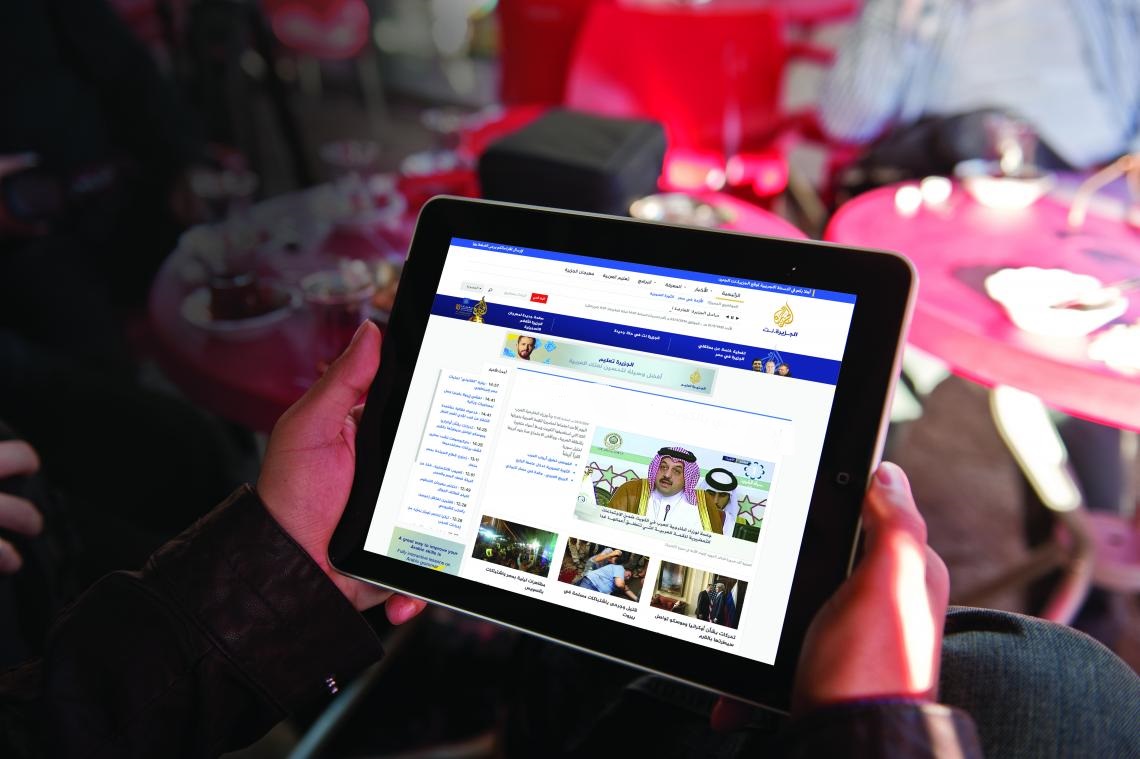
Aljazeera.net Arabic website was launched
2001
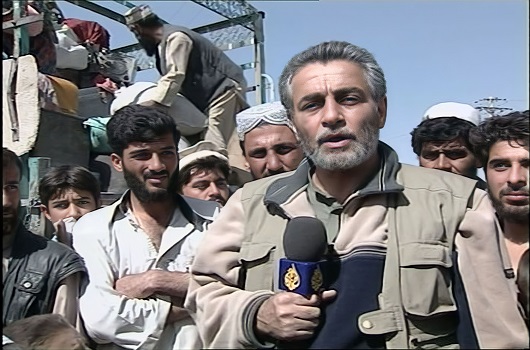
Provides extensive coverage of the war in Afghanistan
2001

Al Jazeera’s Kabul bureau was bombed by the U.S. Military
2001

Al Jazeera English website was launched
2003
Iraq war was covered extensively by Al Jazeera
2003
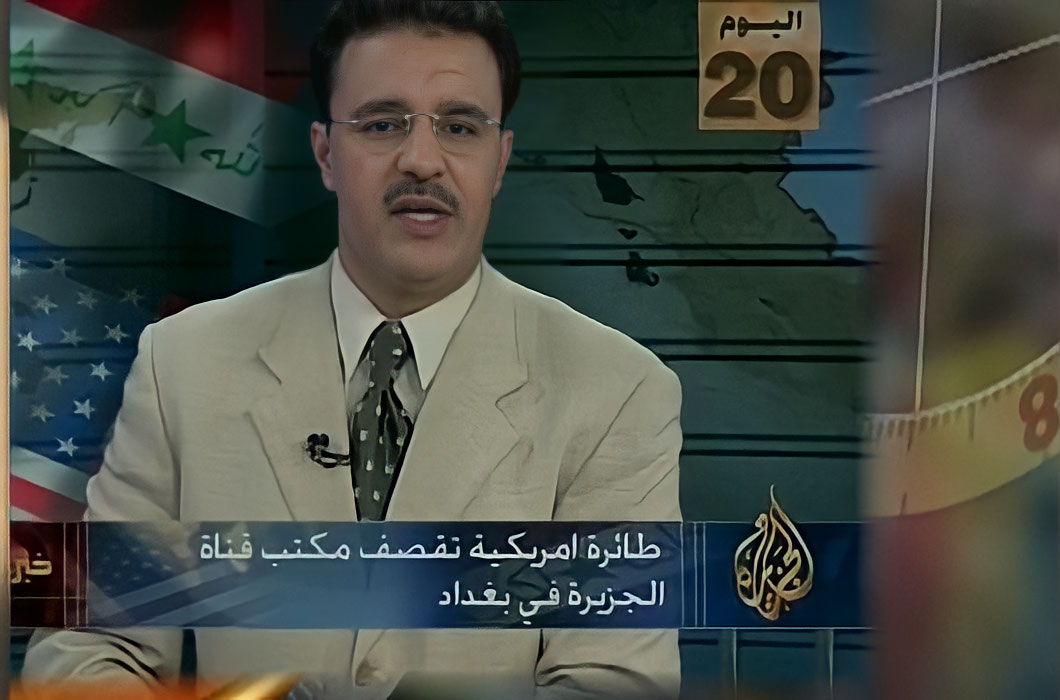
Al Jazeera’s Baghdad bureau was bombed by the U.S. Military
2003

Al Jazeera Media Institute was established
2004
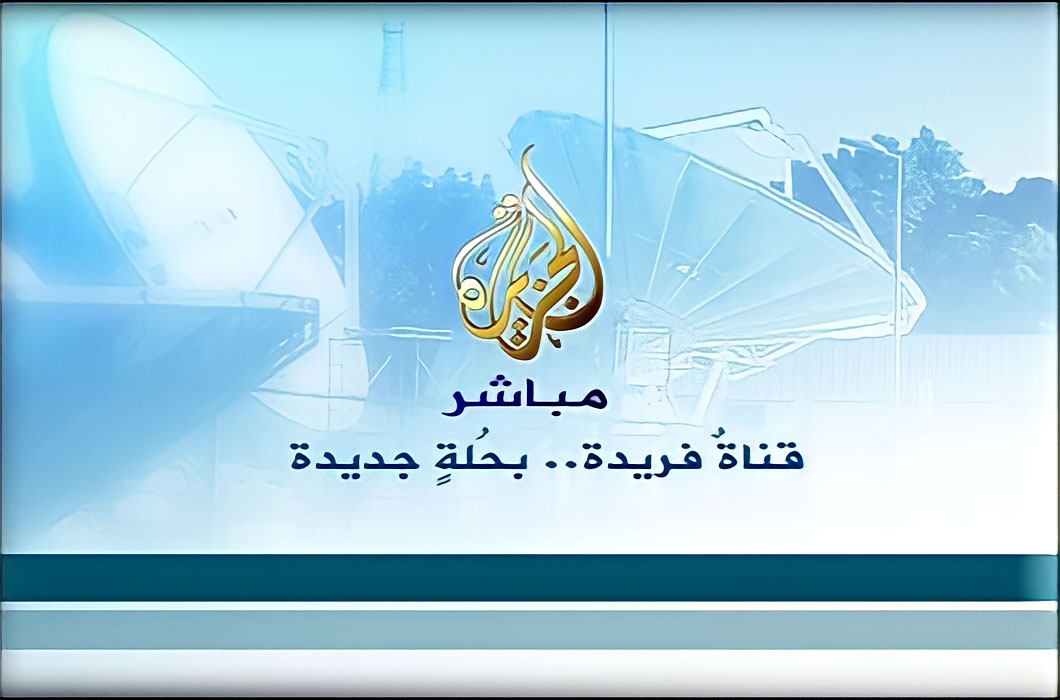
Al Jazeera Mubasher Channel was launched to broadcast live events
2005

Al Jazeera evolves into a network: “Al Jazeera Satellite Network”
2005

Al Jazeera English Channel was launched
2006
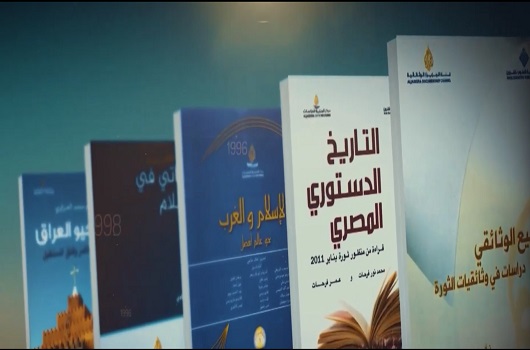
Centre for Studies was launched to provide research and in-depth analyses
2006

Launched the Documentary Channel, the first Arabic language film and documentary channel
2007

Human Rights & Public Liberties Centre was launched
2008

Investigative Unit (I-Unit) was launched
2011
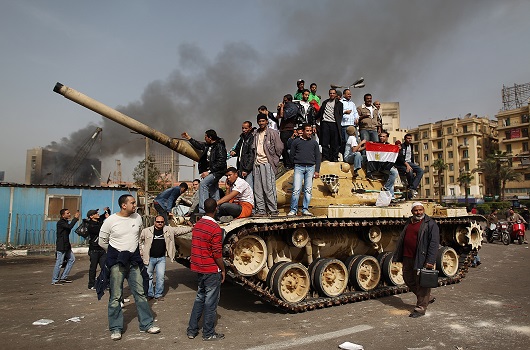
The “Arab Spring” was covered extensively from across the Arab streets
2011
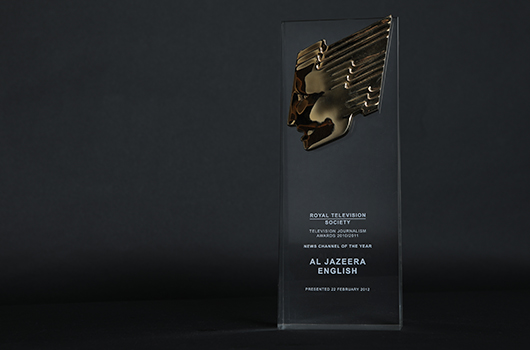
RTS “News Channel of the Year” Award to Al Jazeera English for Arab Spring coverage
2012

E-learning platform was established – learning.aljazeera.net
2013

AJ+ Digital Channel launched
2014

Digital Division established
2016

The immersive and innovation studio “Contrast” was launched
2017
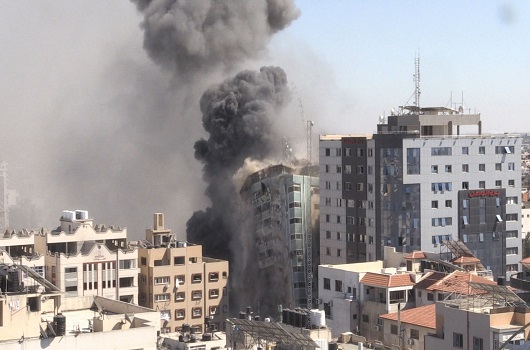
Al Jazeera’s Gaza office was bombed by the Israelis
2021
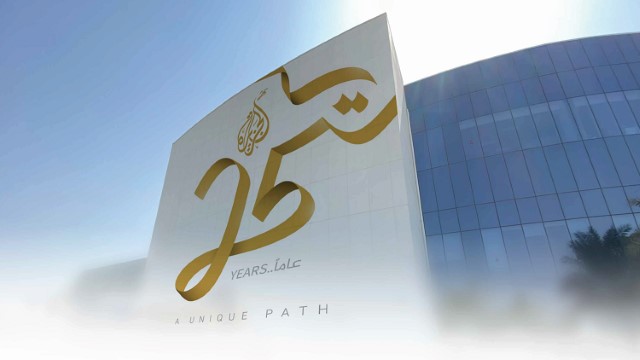
Al Jazeera celebrates its Silver Jubilee
2021

Launch of Al Jazeera 360 Platform
2024